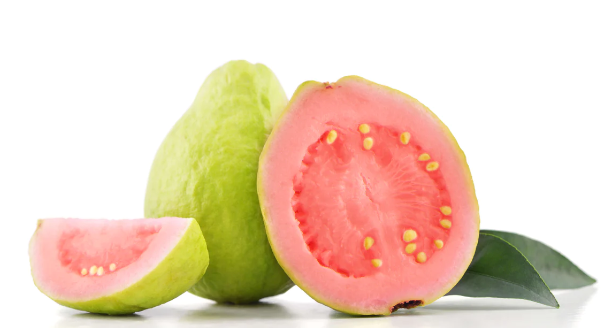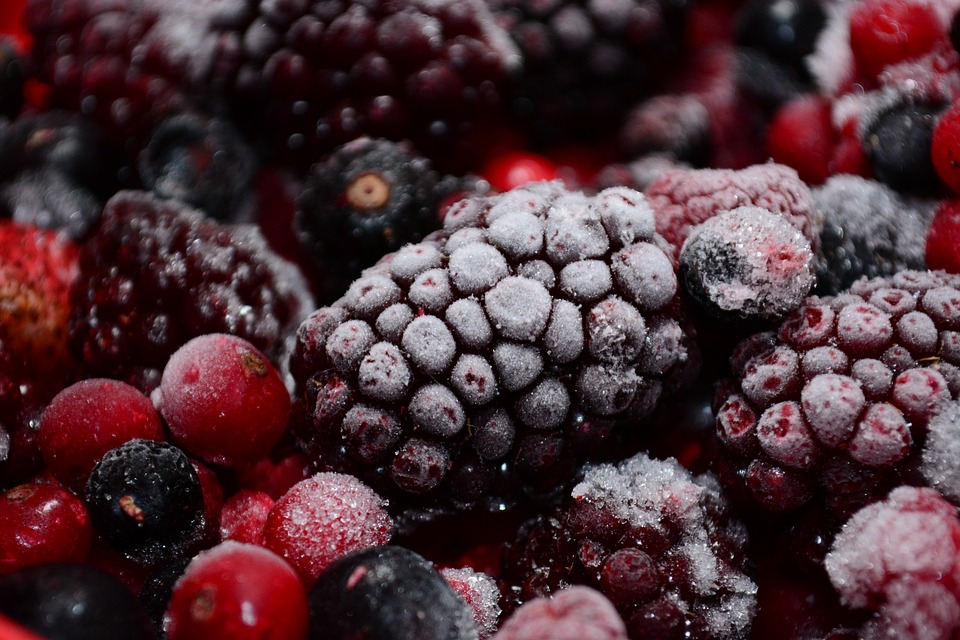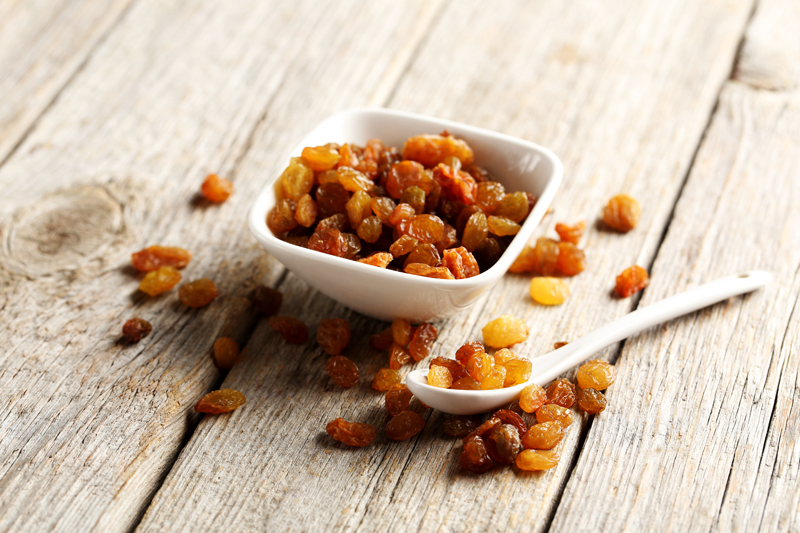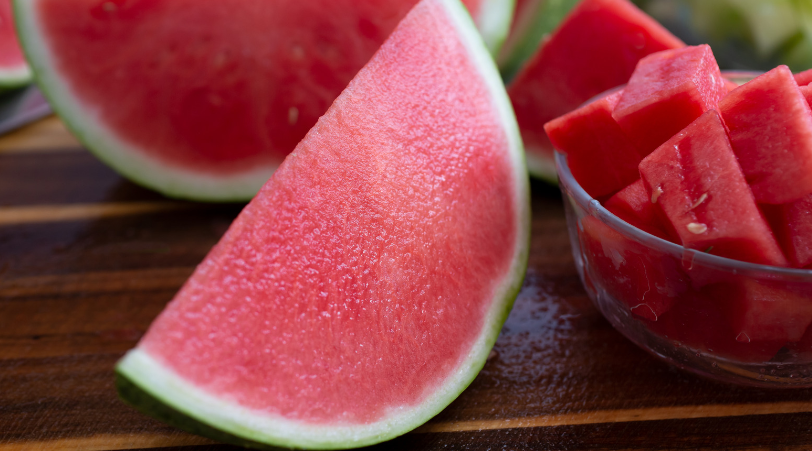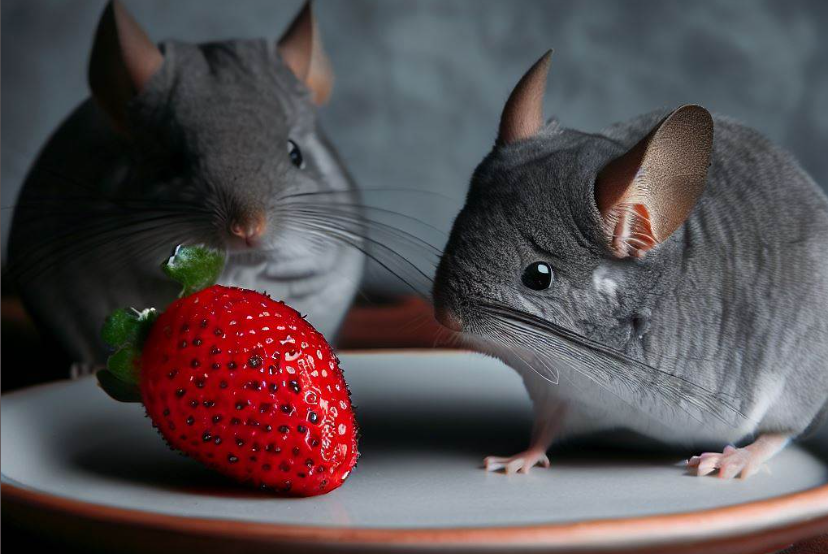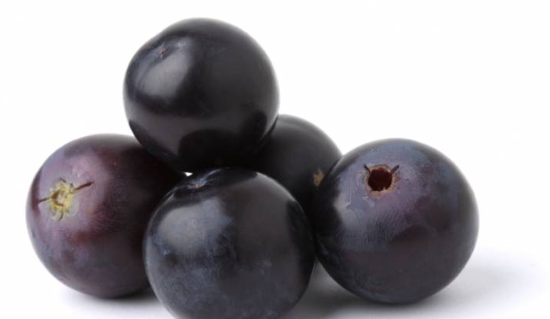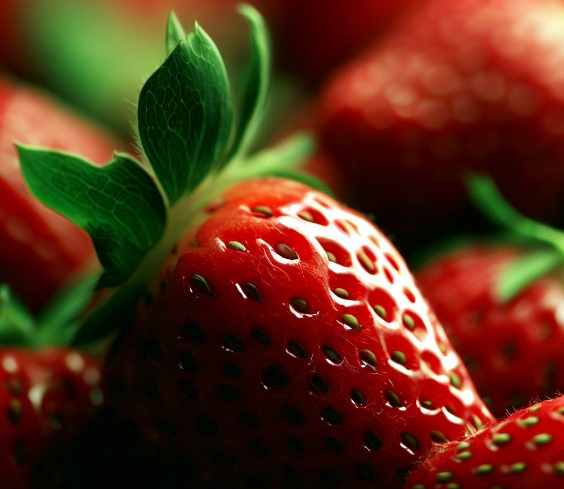Tropical fruits are the types of fruits that grow best in the hot and moist weather near the equator. These areas get a lot of rain, have high temperatures, and have soil that is good for growing plants. Tropical fruits are usually bright in color, have special tastes, and are full of nutrients that are good for your health.
Table of Contents
- What Makes Tropical Fruits Special?
- Are Pears Considered Tropical Fruits?
- Where Do Pears Come From?
- What Kind of Weather Do Pears Need?
- What Nutrients Are in Pears?
- How Can Pears Keep You Healthy?
- What Can You Make With Pears?
- Some Tasty Pear Recipes
- How to Choose and Store Pears
- Fun Facts About Pears
- In Conclusion
- Frequently Asked Questions
- Can I eat the skin of a pear?
- Are pears high in sugar?
- Can I freeze pears to use them later?
- Do pears get ripe after being picked?
- How do I stop pears from going brown?
What Makes Tropical Fruits Special?
Tropical fruits have some things in common. They usually are juicy and soft, and they taste sweet, a little sour, or sometimes a bit unusual. These fruits are full of vitamins, minerals, and things that help your body stay healthy, and they taste good too!
Are Pears Considered Tropical Fruits?
No, pears are not tropical fruits. Instead, they are known as temperate fruits. This means they grow better in cooler places, not in the hot and moist climates of tropical or subtropical areas.
Where Do Pears Come From?
Pears have been around for a very long time and are thought to come from places like Asia and Europe. People have been growing pears for thousands of years, and now pears are enjoyed all over the world.
What Kind of Weather Do Pears Need?
Pears grow best in places with different seasons where it isn’t too hot. They need some cold weather to grow good fruit. Pears can survive a little bit of frost but don’t do well where it’s very hot or in places that feel like the tropics.
What Nutrients Are in Pears?
Pears are full of things your body needs, like vitamins and minerals. They are low in calories and don’t have much fat, but they have quite a bit of vitamin C, vitamin K, and potassium. Pears are also full of fiber, which is really important for your gut health.
How Can Pears Keep You Healthy?
Eating pears can be really good for you. They’re full of antioxidants which keep your cells from getting damaged. This could help you not get some serious illnesses. The fiber in pears is good for your stomach and might help keep your blood sugar levels steady. Plus, they have flavonoids, which help to stop swelling in your body and keep your heart healthy.
What Can You Make With Pears?
Pears are very versatile and can be used in many different ways when cooking. You can eat them just as they are, mix them into salads, bake them into pies and tarts, or cook them to make sauces and jams. They are great with both sweet and savory dishes, so you can use them in many recipes.
Some Tasty Pear Recipes
- Pear and Gorgonzola Salad
- Pears Poached in Red Wine
- Pear and Almond Tart
- Pizza with Roasted Pear and Arugula
- Spiced Pear Chutney
How to Choose and Store Pears
When you’re picking pears, look for ones that are firm but have a little softness where the stem is. Stay away from pears with bruises or marks on them.
You can let pears ripen on your kitchen counter and then keep them in the fridge to stay fresh longer. Make sure to eat them in a few days once they’re ripe for the best taste.
Fun Facts About Pears
- Pears are related to apples and roses. They all belong to the Rosaceae family.
- There are thousands of different kinds of pears all over the world, each with its own special flavor and feel.
- Unlike many other fruits, pears don’t ripen well on the tree. They should be picked when they’re still kind of hard and then they’ll become ripe off the tree.
In Conclusion
Even though pears aren’t tropical fruits, they are temperate fruits that can be just as nutritious and delicious. They can be used in many different recipes to add a sweet and nice flavor. Eating them fresh, baked, or used as part of a dish, pears offer a delightful taste to any meal.
Frequently Asked Questions
Can I eat the skin of a pear?
Yes, the skin of a pear has fiber and is safe to eat. Some people might peel it because of how it feels or their personal taste.
Are pears high in sugar?
Pears have natural sugar, but they are not super high in sugar. They are a suitable option for those watching their sugar intake.
Can I freeze pears to use them later?
Yes, you can freeze pears. You should peel, remove the core, and cut them before freezing. Pears are excellent for smoothies or baking when they’re frozen.
Do pears get ripe after being picked?
Yes, pears are unique because they ripen after being picked. They should be taken off the tree when mature but hard and then left at room temperature to ripen.
How do I stop pears from going brown?
Putting lemon juice on sliced pears can stop them from turning brown. Lemon juice is a natural way to slow down browning.
